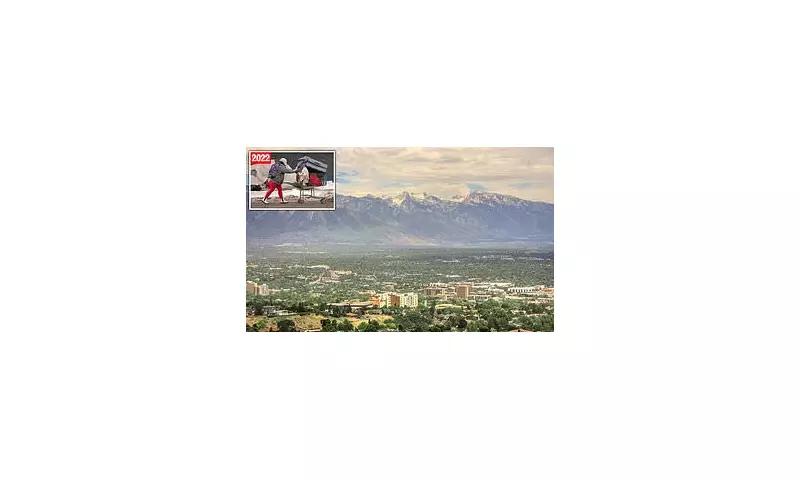
In a bold move addressing the growing homelessness crisis, Salt Lake City officials have unveiled a controversial plan to transform municipal land into designated camping areas for those without shelter. The initiative represents one of the most significant policy shifts in Utah's approach to urban homelessness in recent years.
A New Approach to an Old Problem
Faced with escalating numbers of unsheltered residents and limited traditional housing solutions, city leaders are proposing managed campsites on publicly-owned properties. These designated areas would provide basic services and security, aiming to bring order to what has become a chaotic and dangerous situation for many living on the streets.
The plan emerges as cities across the American West grapple with similar challenges, but Salt Lake's proposal stands out for its systematic approach to creating sanctioned outdoor living spaces.
Balancing Compassion and Community Concerns
While homeless advocates have welcomed the recognition that immediate solutions are needed, the proposal has generated significant debate among residents and business owners. Proponents argue that managed camps represent a more humane alternative to current conditions, while opponents express concerns about crime, sanitation, and property values.
"We cannot ignore the reality that hundreds of our neighbours are sleeping outdoors every night," stated one city council member. "This proposal acknowledges that reality while working to create safer, more organised conditions."
The Implementation Challenge
The success of the initiative will depend on several critical factors:
- Selection of appropriate city-owned properties with access to essential services
- Development of clear rules and security protocols for camp residents
- Coordination with social service providers to connect camp residents with long-term housing solutions
- Maintenance of sanitation facilities and regular cleanup services
- Ongoing community engagement to address neighbourhood concerns
City planners emphasise that these camps would be transitional spaces, not permanent solutions, with the ultimate goal of moving residents into more stable housing situations.
A National Trend Goes Local
Salt Lake City joins several other American municipalities experimenting with similar approaches. The growing acceptance of managed campsites reflects the severity of the homelessness crisis and the limitations of traditional shelter systems, which often have strict rules and limited capacity.
As Utah's capital moves forward with this unconventional strategy, all eyes will be on whether managed camps can provide a dignified stopgap solution while more permanent housing options are developed.





